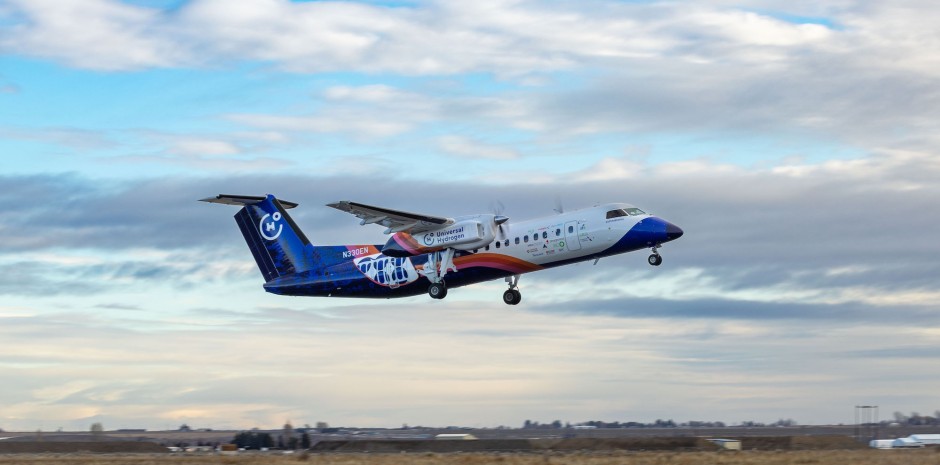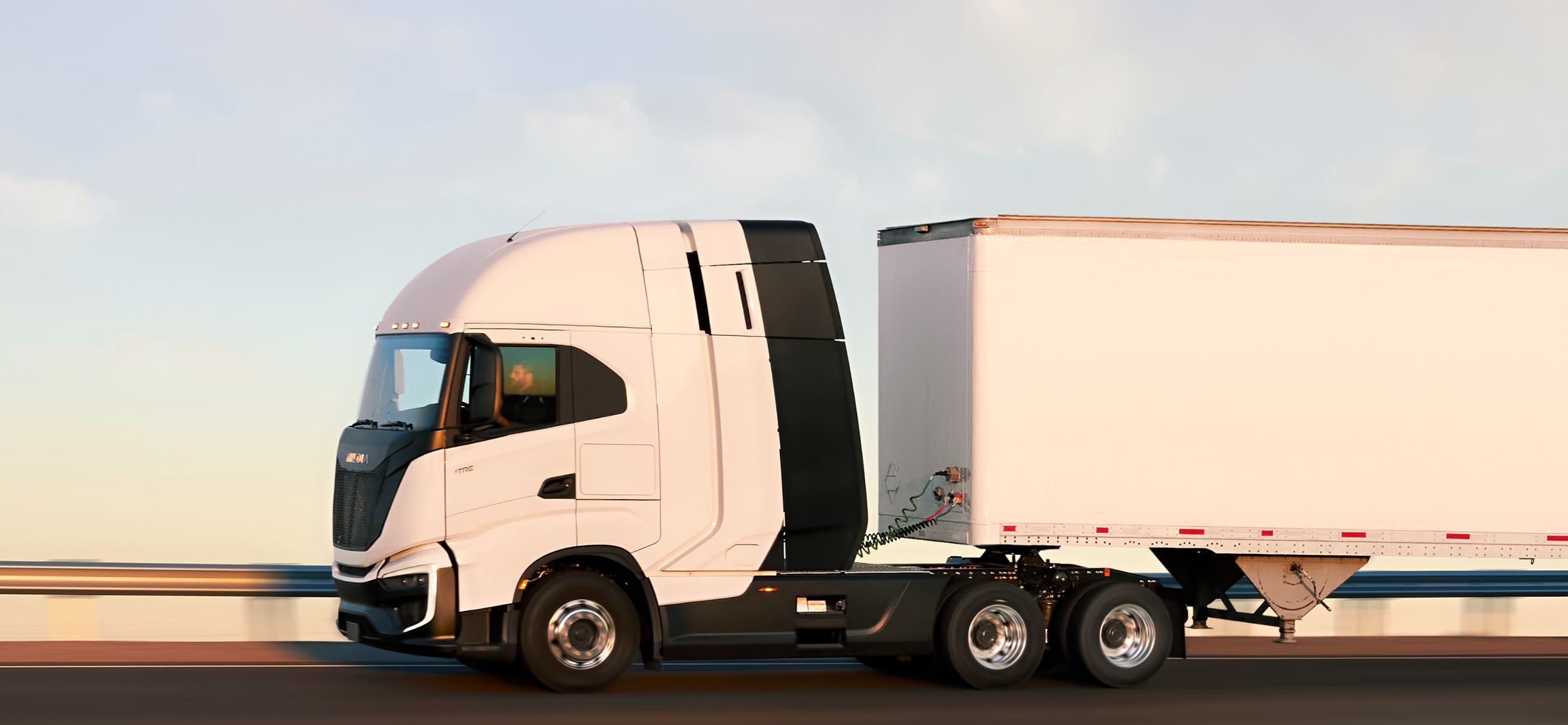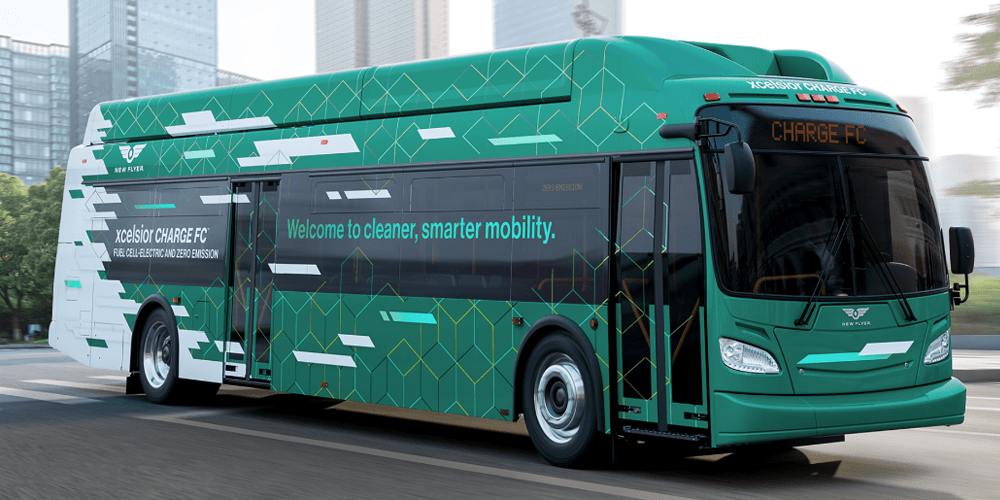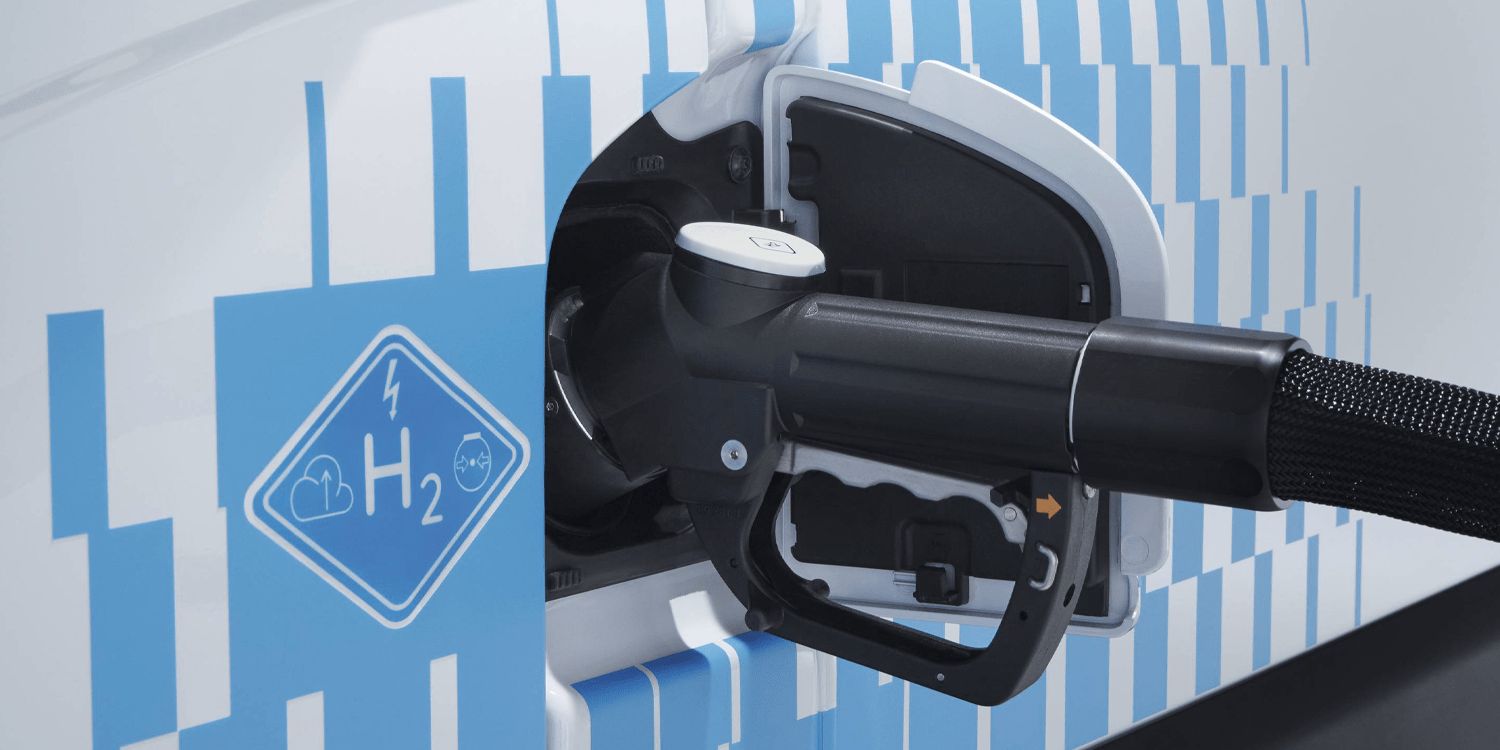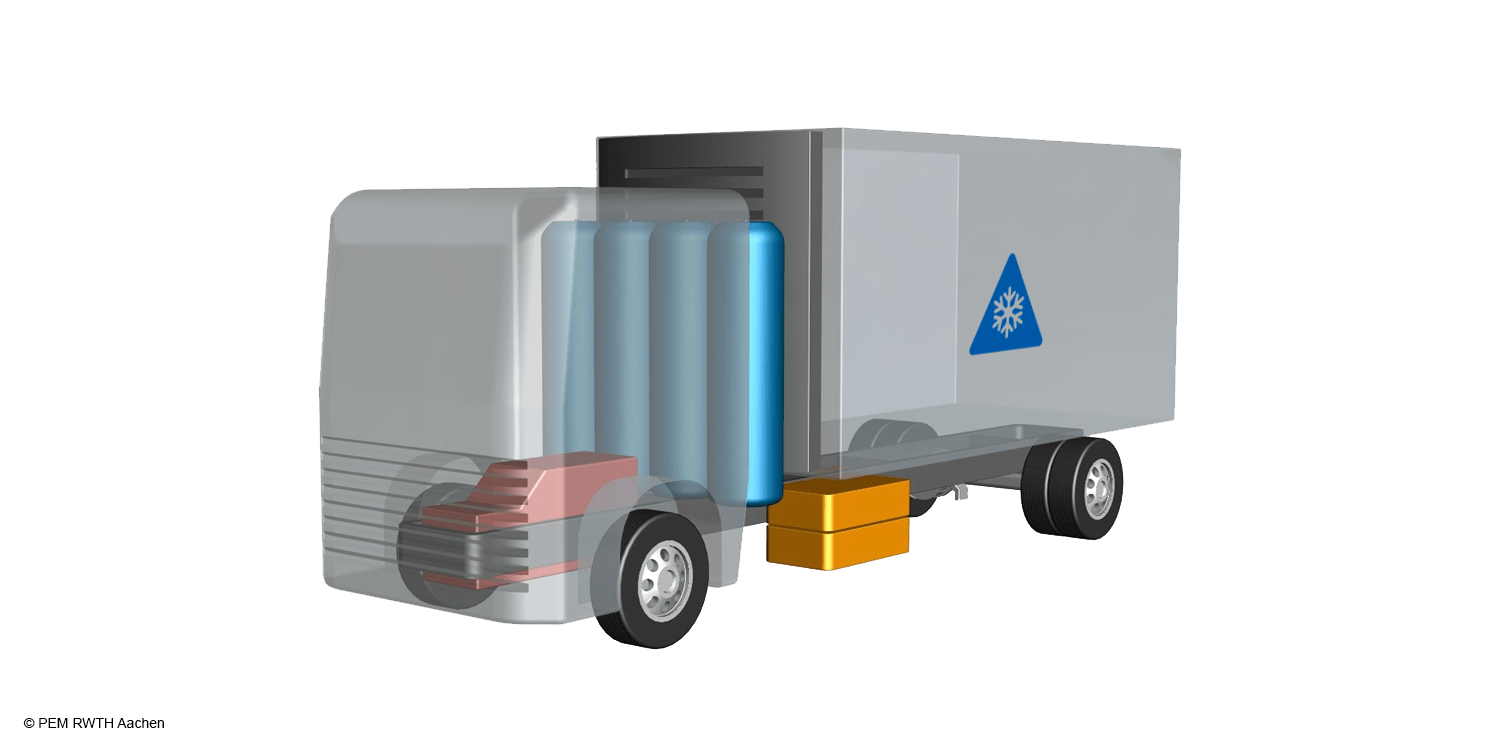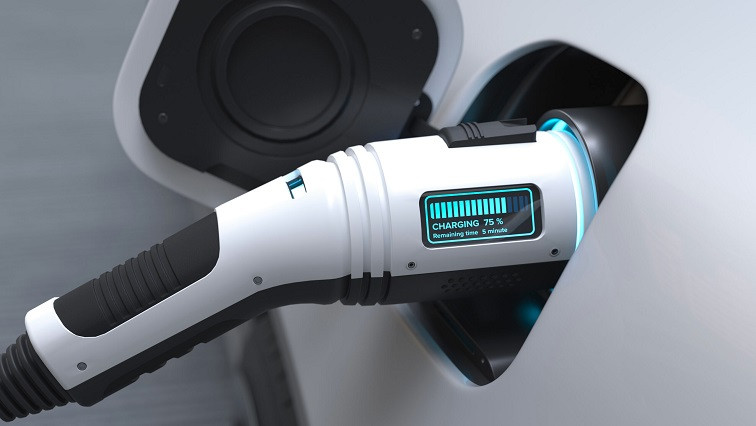Universal Hydrogen, a Los Angeles-based company, has successfully completed a 15-minute test flight of a prototype aircraft powered by hydrogen fuel cells, marking a significant milestone for zero-emission aviation. The test flight took place at Grant County International Airport in Moses Lake, Washington, and was conducted under an experimental airworthiness certificate from the Federal Aviation Administration.
The aircraft, a 40-passenger De Havilland Dash 8-300 turboprop, was converted to run on a hydrogen fuel cell system mounted on the right wing of the plane. The system includes a fuel cell built by Plug Power and a megawatt-class motor built by MagniX, with engineering assistance from AeroTEC. The engine on the left side remained unconverted to serve as a backup in case of any problems during the flight.
See also: ZeroAvia Makes History with Maiden Flight of World’s Largest Hydrogen-Electric Powered Aircraft
The test pilot, Alex Kroll, said, “We were able to throttle back the fossil-fuel turbine engine to demonstrate cruise principally on hydrogen power. The airplane handled beautifully, and the noise and vibrations from the fuel cell powertrain are significantly lower than from the conventional turbine engine.”
Universal Hydrogen aims to convert the ATR 72-600 regional aircraft to use hydrogen fuel, with deliveries expected to begin in 2025. The company has already made deals with 16 customers for 247 aircraft conversions, resulting in an order book valued at $1 billion for conversions and more than $2 billion in fuel services over the first 10 years of operation.
Connect Airlines and Amelia, the North American and European launch customers for the conversions, respectively, were present for the test flight. John Thomas, CEO of Connect Airlines, said, “Today will go down in the history books as the true start to the decarbonization of the global airline industry, and we at Connect Airlines are extremely proud of the role that we, as the first U.S. operator, will play in leading the way with Universal Hydrogen.”
See also: Stellantis plans to acquire stake in Faurecia/Michelin hydrogen fuel cell company Symbio
Universal Hydrogen’s longer-term vision is to extend its modular hydrogen fueling system to single-aisle passenger planes like the Airbus 320 and the Boeing 737. CEO Paul Eremenko said, “Making their successors hydrogen airplanes is a golden opportunity — perhaps the only opportunity — for aviation to get anywhere near meeting Paris Agreement emissions targets without having to curb aviation traffic volumes.”
The successful test flight is a significant step towards zero-emission aviation and showcases the potential of hydrogen fuel cells in aviation. As more companies aim to use cleaner fuel technologies, it is expected that hydrogen fuel cells will play an increasingly important role in reducing carbon emissions in the aviation industry.

